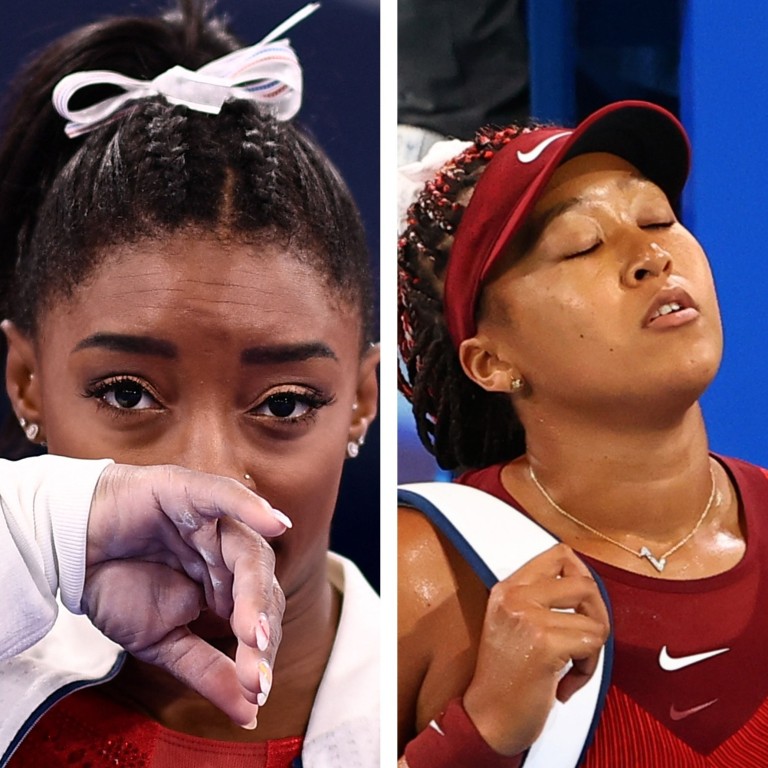Simone Biles wasn’t the first – before the Tokyo 2020 Olympics, Naomi Osaka, Michael Phelps and Serena Williams spoke up about mental health in sports

- Olympic champion Simone Biles withdrew from the final individual all-around competition at Tokyo on July 28, supported by fellow gymnasts like Aly Raisman
- Ronda Rousey opened up on Ellen about her suicidal thoughts following her UFC 207 defeat against Amanda Nunes – and she’s not the only athlete who’s struggled
The USA gymnastics body officially announced yesterday that Olympic champion Simone Biles would be withdrawing from the final competition round at the Tokyo Games to focus on her mental health. The authority tweeted that they “wholeheartedly support Simone’s decision and applaud her bravery in prioritising her well-being”.
But the 24-year-old gymnast is definitely not the only celebrity athlete that has struggled with mental health issues. A report published by the Athletes for Hope organisation in the US revealed that 35 per cent of elite athletes have suffered from some kind of mental health crisis.
Here are five sports celebrities who’ve said, it’s OK not to be OK – kick-starting a conversation we should have had a long time ago about mental health and the pressure of the spotlight.
Simone Biles
The support for Biles both online and within her Olympic team has been incredible, since her withdrawal from the women’s individual all-around final. Three-time Olympic gold medallist and former teammate Aly Raisman said in an interview with ESPN, that she was “very proud of Simone, and I can’t imagine the bravery that it takes to just say, ‘I’m not going to do it today’”.

Swimmer Michael Phelps showed solidarity with his fellow Olympian in an interview with NBC, saying, “We carry a lot of weight on our shoulders, and it’s challenging, especially when we have the lights on us and all of these expectations being thrown on top of us.”
Naomi Osaka